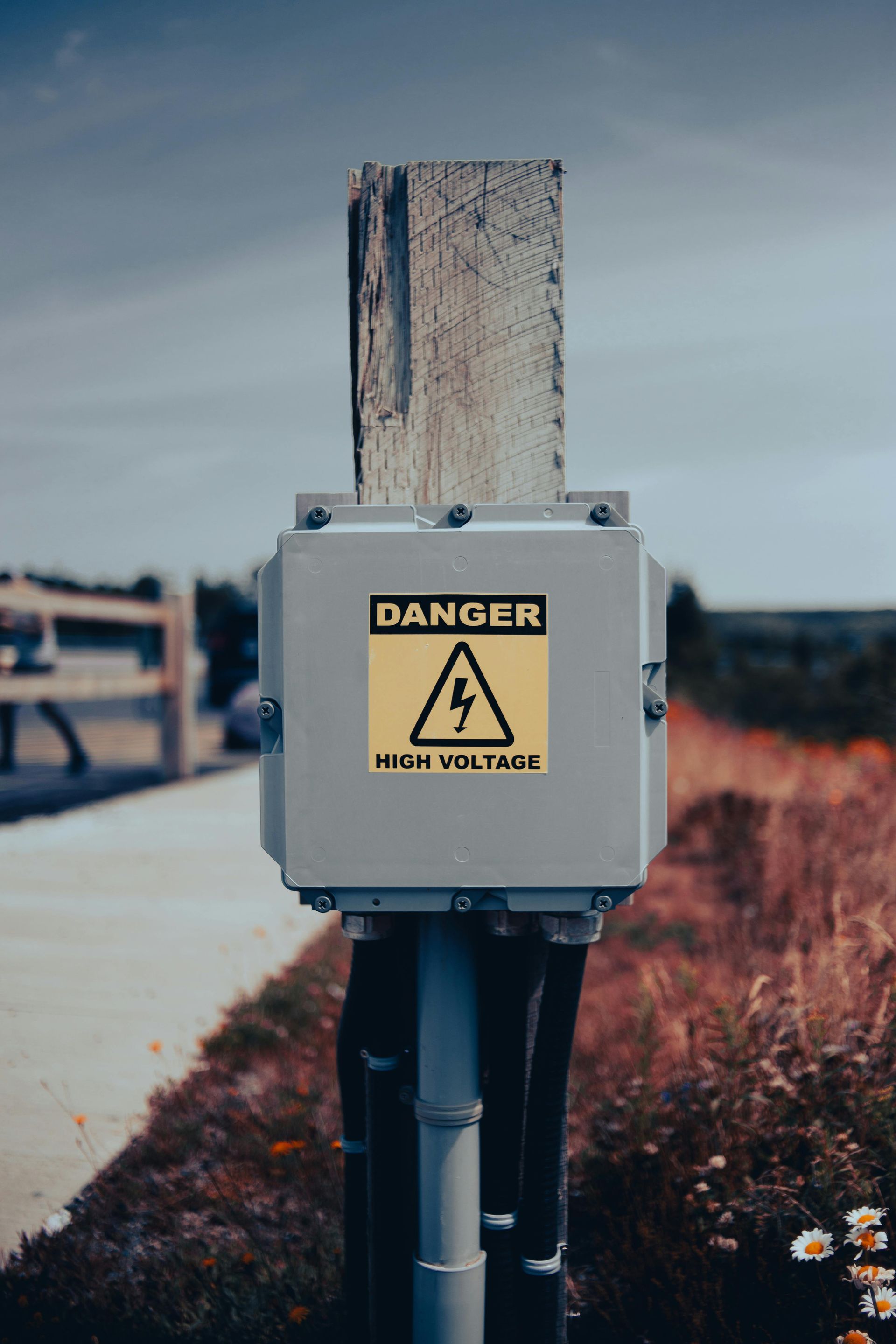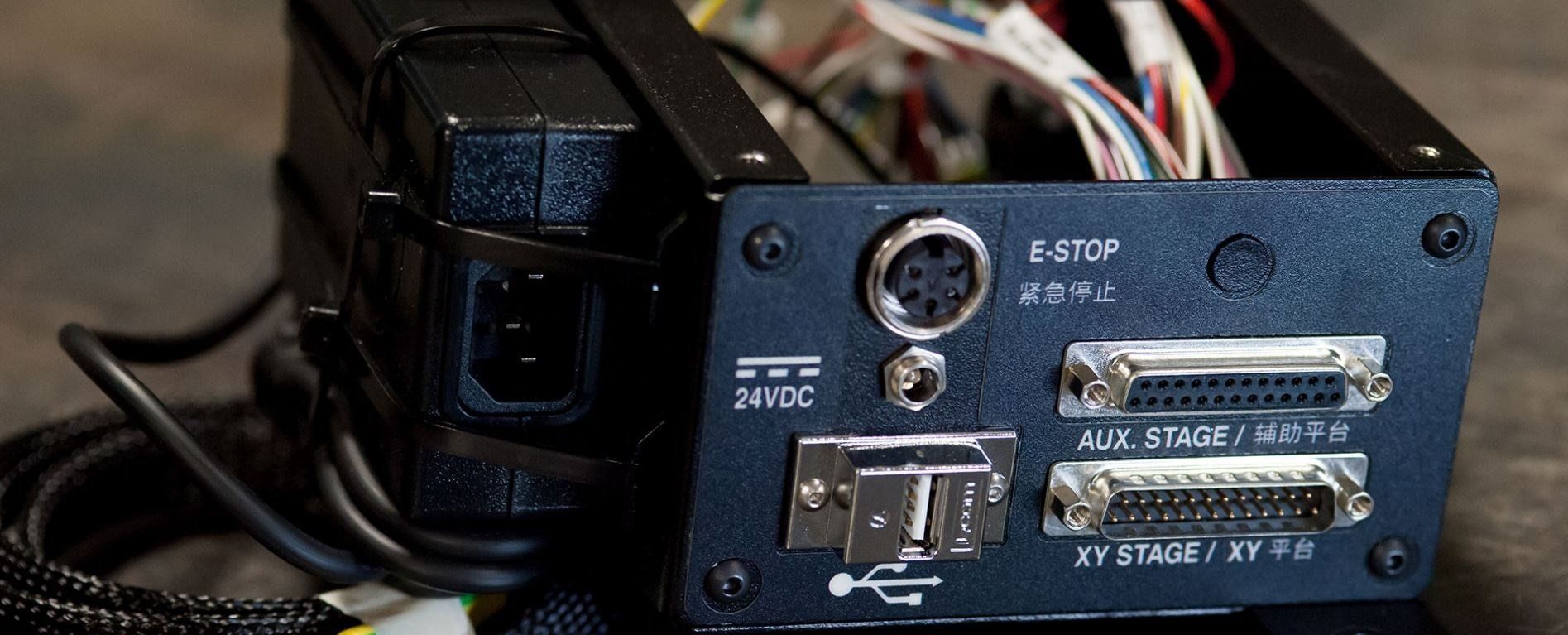By Swetha Parvathy
•
September 25, 2025
In industrial applications, battery power is often the backbone of operations, providing reliable and efficient energy to critical systems. While standard battery packs may suffice for some uses, custom battery packs offer unparalleled benefits for industrial applications that require specific power solutions. In this blog post, we’ll explore the advantages of using custom battery packs in industrial settings and how they can enhance performance, safety, and efficiency. What Are Custom Battery Packs? Custom battery packs are tailored battery solutions designed to meet the specific needs of a particular application. Unlike standard battery packs, which are mass-produced for general use, custom battery packs are engineered with precise specifications, chemistry, and design to fit the unique requirements of an industrial application. This customization allows for optimized performance, safety, and longevity. Benefits of Custom Battery Packs in Industrial Applications 1. Optimized Performance Custom battery packs are designed to deliver the exact voltage, current, and power output required for a specific application. This ensures that the battery performs at its best, providing consistent power and reducing the risk of underperformance or overpowering, which can damage equipment. 2. Enhanced Safety Industrial environments can be harsh, with extreme temperatures, vibrations, and other factors that can affect battery performance. Custom battery packs can be designed with safety features such as overcharge protection, thermal management, and ruggedized enclosures to ensure safe operation in demanding conditions. 3. Increased Reliability Reliability is crucial in industrial applications where downtime can lead to significant losses. Custom battery packs are built to meet the specific reliability needs of an application, ensuring that the power supply remains consistent and dependable, even in critical situations. 4. Longer Lifespan By selecting the right chemistry and design for a custom battery pack, manufacturers can significantly extend the lifespan of the battery. This reduces the need for frequent replacements, lowering maintenance costs and minimizing disruptions to operations. 5. Space and Weight Optimization Custom battery packs can be designed to fit within specific form factors, allowing for more efficient use of space in industrial equipment. Additionally, by optimizing the battery design, weight can be reduced, which is particularly important in applications where portability or weight distribution is a concern. 6. Flexibility and Scalability Custom battery packs offer the flexibility to adapt to changing application requirements. Whether it’s increasing the capacity, changing the form factor, or integrating new technologies, custom solutions can be re-engineered to meet evolving needs, making them a scalable investment for the future. Applications of Custom Battery Packs in Industry Custom battery packs are used in a wide range of industrial applications, including: - Material Handling Equipment: Forklifts, automated guided vehicles (AGVs), and other material handling equipment often rely on custom battery packs for reliable and efficient power. - Industrial Automation: Robotics, conveyor systems, and other automated equipment benefit from custom battery solutions that provide precise power and durability. - Medical Devices: Custom battery packs are essential in medical devices where safety, reliability, and longevity are paramount. - Energy Storage Systems: Custom battery solutions are used in energy storage systems to optimize power output and efficiency for industrial and commercial applications. Conclusion Custom battery packs offer significant advantages for industrial applications, from optimized performance and enhanced safety to increased reliability and longer lifespan. By investing in custom battery solutions, manufacturers can ensure that their equipment operates efficiently and reliably, reducing downtime and maintenance costs. Whether it’s for material handling, industrial automation, or medical devices, custom battery packs provide the tailored power solutions needed to meet the demands of modern industrial applications.









